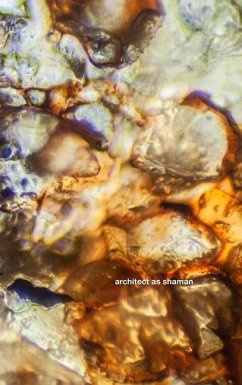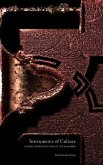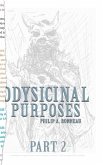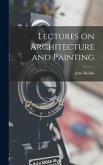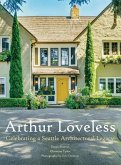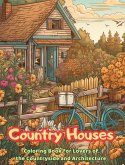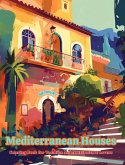Where does the anthropological, and epistemological framework come into the conversation of environmental regeneration, or ecocide? The current framework, and conversation around environmentalism is structured in the form of rescuing nature from the results of industrialism, in the sense that we can aid, or restore what we have lost control of. One can look at this phenomenon as a pursuit of reclaiming a lost controllability of nature. This very perspective of rescue within climate change has to be questioned, as its foundation lies in a philosophical framework that still opposes a relevant relational connection to the threads of the environment itself, herself, himself, their-selves, or ourselves. Before we migrate into what is now known as environmentalism, one can pose the question, what was the human perspective, and epistemological relations to the environment before the term was used as a description of actions that relate to caring for the environment? What questions can one ask about the origins of environmentalism thinking, and how does it relate to cosmological, anthropological, and epistemological relationships of humanity cross culturally? With the rise of cities, and urban agglomeration this experimental book aims to document, and explore an array of research accounting for living, and extinct autochthonous cultures, and their anthropological view on human/nature connectivity through art, architectural creation, experimental discourse, and medicinal practices. The aim is to question the role of the architect, architecture, or experimental forms of medicinal architecture in a changing geo-sphere, in the light that humans can be animals, animals can be humans, and microbes can be humans.
Hinweis: Dieser Artikel kann nur an eine deutsche Lieferadresse ausgeliefert werden.
Hinweis: Dieser Artikel kann nur an eine deutsche Lieferadresse ausgeliefert werden.

